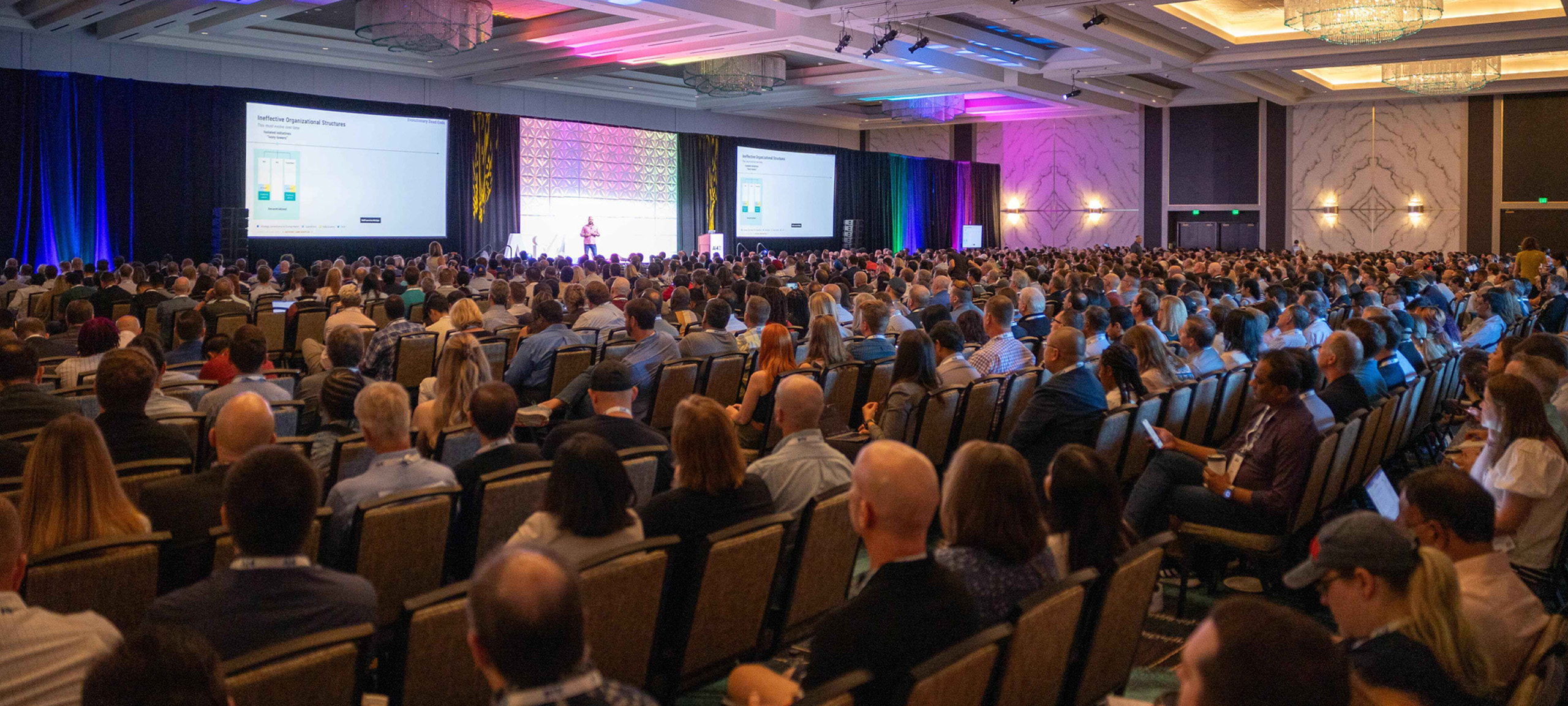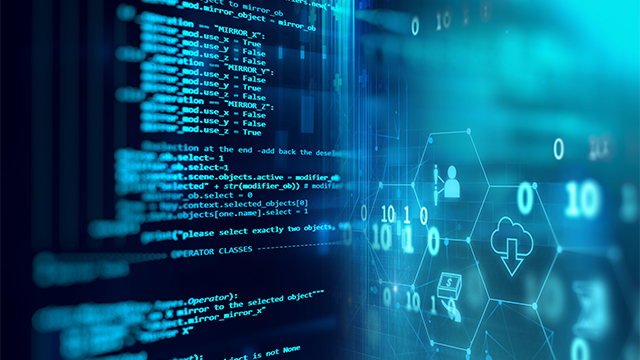 BACK
BACK
During this webinar, industry experts discussed the state of AI in cybersecurity. We’ve included a short transcription of the webinar, beginning at 37:30 of the webinar.
Mike Green, Availity - All right. So I think we touched on this a little bit earlier as well. But let's ask it more directly, has COVID-19 changed anything about cybersecurity. If so, does AI factor in anywhere?
Jeffrey Moore, Dräger Medical - Well, let's be honest really quickly. A lot of the companies out there are trying different tools to help them, you know, get more productivity but also at the same time, we have tools right now using AI and machine learning to actually make sure our background is in the right place, right? So there is always going to be something that comes from it. Has it changed cybersecurity? I think it's changed a touch. I don't think it’s changed as big as Scott would want, right? but I do believe it's touching companies that may never have ever considered AI and now going “my team is so diverse, I've now got to figure a way of getting additional data and getting this stuff validated, 24/7 as well,” you know, AI doesn't get tired. Eight hours looking at a screen can tire you out. So I believe it’s coming into the organizations, it's changing things, but it may not be changing it in the way of security as we know. But right now, if I took it from now, just what we're doing right now, AI is blocking out my background, which my blackboard behind me has a lot of data I wouldn't want anybody to have. So I have a tool that's helping me protect myself right now and it's not even relevant to a lot of the discussion, but it is protecting my security.
John Budenske, General Dynamics Mission Systems - Covid kind of brought the issues more to the front of cybersecurity, especially the whole work from home issue. And I think that it made companies go out and look more for solutions and consider solutions that they may not have considered before, and one of them would be an AI base. Especially utilizing neural networks to do a screening of traffic coming through your firewall looking for situations where you have data that's moving out of your firewall that you know could be for work from home or it could be a compromised computer that's working from home. So you want to try to figure out how to find those things and so I think companies seeing those problems are now out looking for tools that can help with that and looking for services or cybersecurity services that can help with that.
Lian Yu, Wells Fargo - I have some examples in the financial industry. So COVID-19 definitely has some impact on the transactional fraud area. So especially since Covid, a lot of in-person transactions have become virtual transactions, this brings traffic to the bank's financial cybersecurity. So since this, behavior-changed historical data, captured by the traditional ML model, could now take effect and make it faster to find those new trends. So the AI is helping us to capture the new trend faster and help the bank fight against this cyber fraud area faster. And helping the bank to reduce financial losses and also help the customer to secure their transactions and increase their customer experience.
Mike Green, Availity - Where do you see the future of cybersecurity headed over the next five years, and let's even broaden it. Let's say over the next five to ten years.
Jeffrey Moore, Dräger Medical - Security leaders right now are at a good point in their career. We are lucky that we are being seen as part of the solution. They need to continue this to be part of the solution because we will fall back down those ranks again, right? We need to be at the same table as the CIO, right? And as a business unit. Security is not there to drain money, security is to help them come and make money and that's all. And that's also got to be the part that we show, you know, we have to show strategic priorities of security aligning with the strategic priorities of the company right? Also, AI will give us in the future, the ability to operate more effectively and efficiently, right, you know, but out of all of that it's not going to help unless you understand the culture and people of the organization right? You've got to be able to foster security awareness within that and that's something that's going to continue way beyond 10 years.
Learn more and watch the full video on YouTube: https://www.youtube.com/watch?v=61B_pabGu78&t=2422s
Recent Posts

Highlights from 2023: Notable Advancements in AI
As we delve into 2024, it’s an opportune moment to reflect on the dynamic landscape...
By Daniel LacklandApril 26, 2024

Top AI Conferences of 2024
By Jessica GallagherApril 17, 2024

Developing Computer Vision Applications in Data Scarce Environments
Introduction In today’s digital era, computer vision stands as a transformative technology, driving innovations across...
By Sumedh DatarDecember 12, 2023